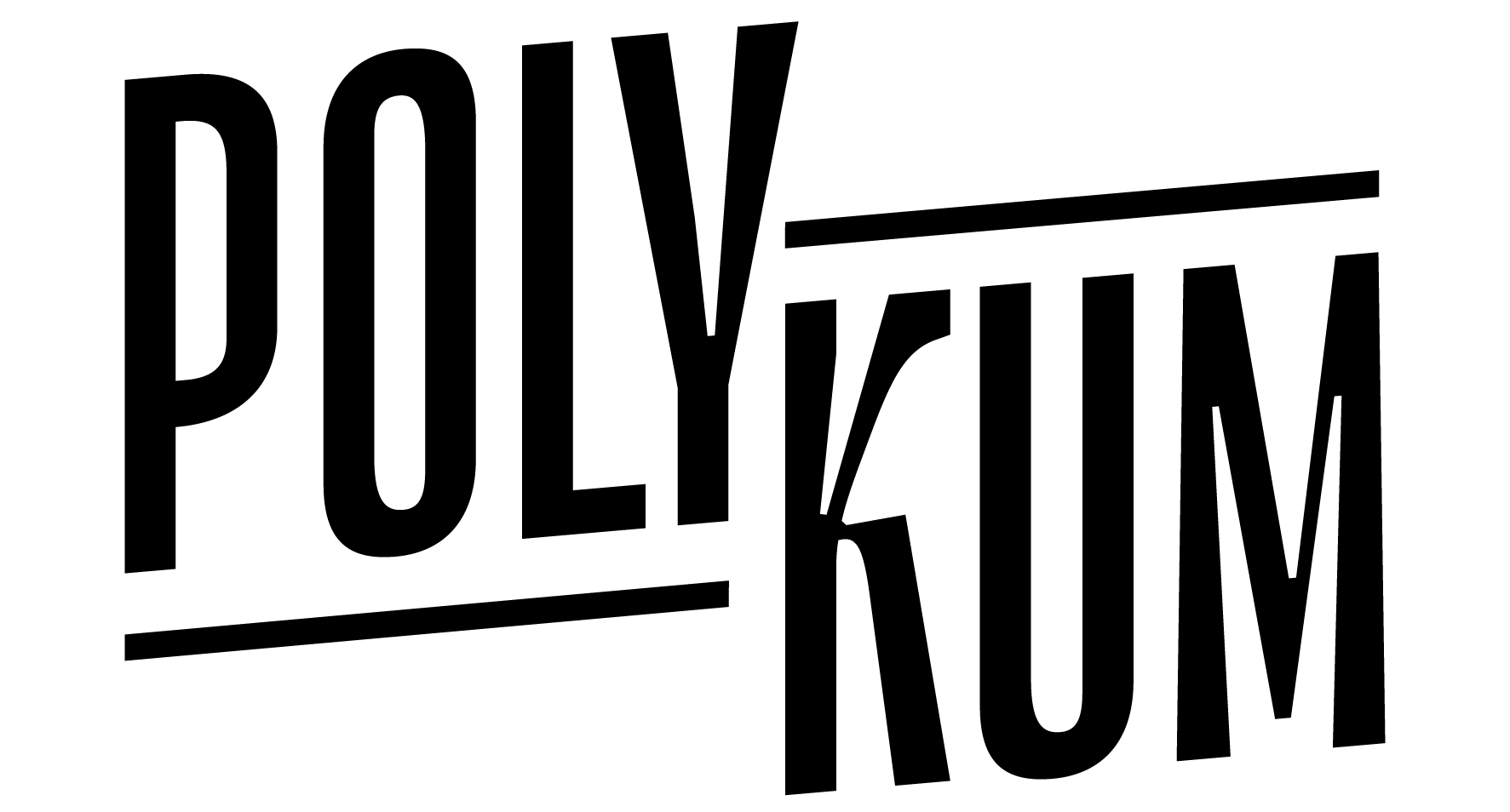by Hung Hoang
By the time we reached a park with our packed dinners, a former colleague and I had exhausted all the obvious updates: recent papers, current research, and new group members. Our conversation, like most others back then, turned to COVID-19. She asked about my lockdown experience in Switzerland. For a split second, I hesitated. What should I tell her? About how hard it was to gauge the students’ understanding behind the faceless Zoom screen? Or about how much I missed the chance encounters in the office corridor? Or about the real problems? But that would disclose something about myself, about what kept me awake at night, about what brought me to the verge of tears. In that split second, I had the choice to stay within safe confines of the collegial chitchat or to risk an awkwardness that might spoil our evening get-together. In the end, I took the chance. I gave her a hint – just a hint – of my struggle in the past four months. After that, there was a subtle shift in the tone of our conversation. She started to share her own personal problems, and we drifted toward matters closer to our hearts.
Vulnerability – a risk and a chance
Somehow, the initial steps required for such a conversation are usually difficult. It’s like being naked in front of someone for the first time. There is something about those first times, something I intuitively call vulnerability. Vulnerability is exposing oneself with a risk. A risk of being hurt.
A risk of being rejected, alienated, ridiculed. A risk of being judged. So we must be careful. However, sometimes we become so careful that we deprive ourselves of the potential benefits of such exposure. Sometimes we forget that this uncertainty also carries the possibility that things could go very well.
Speaking up in class
This semester, as I asked myself how I could encourage class participation, something suddenly dawned on me. Speaking in class is also exposing oneself, and maybe there is a fear of being perceived as stupid or a know-it-all, or of slowing down the class. Many times, after I, as a student, asked a question, I could feel the blood running to my cheeks while thoughts circled furiously in my mind, “Shouldn’t I already know this? Am I too stupid to understand what the teacher was saying?” So in a way, this can be a matter of vulnerability.
How to balance risk and benefit
I believe our vulnerability shows something that is a part of us, such as the problems I faced during lockdown or the questions or answers we have in the classroom. The concern is whether we want to expose this part of ourselves to others. The inhibitor is the anticipation of the risk of what could go wrong. To handle this, there are two aspects: context and the relation between risk and benefit. I knew my former colleague enough to believe that she was likely to receive it well. If she didn’t, we would probably have an awkward evening. But if she did, there was a potential for connection and a relief of my distress. In the classroom setting, we are expected to learn and usually invited to contribute to the class. Maybe there’s a discomfort in speaking up, but the benefits often outweigh the risks. We may help ourselves and other students to get through this difficult point and follow the rest of the lecture more easily. Even the mistakes in our answers can be an opportunity to learn.
Hung Hoang, 32, is a doctoral student in Theoretical Computer Science. He is still thinking about ways to engage students in the classroom.
